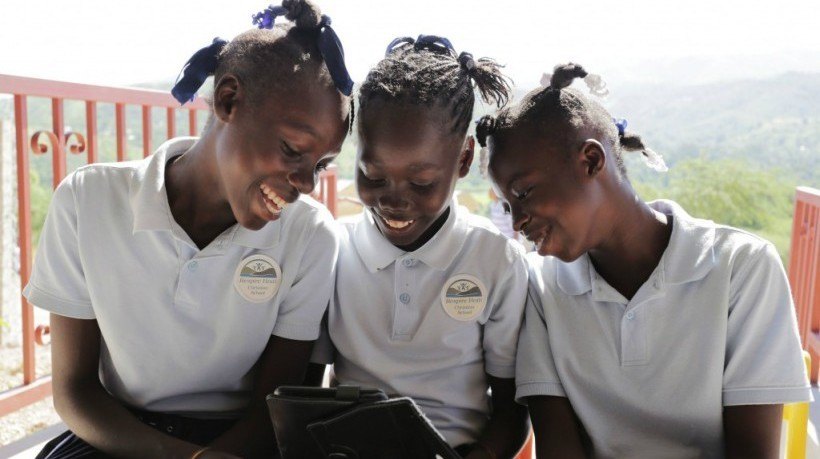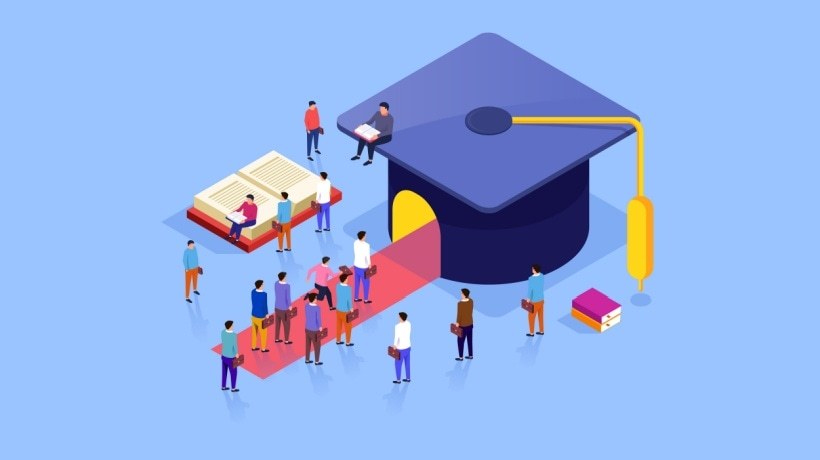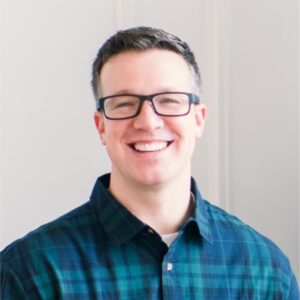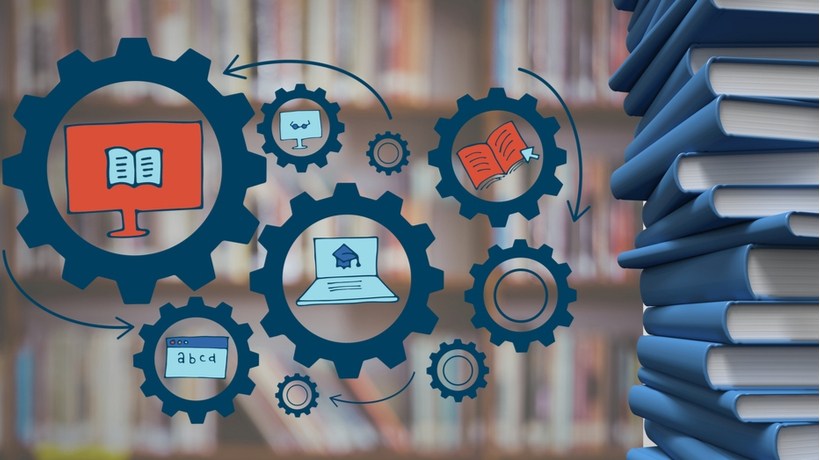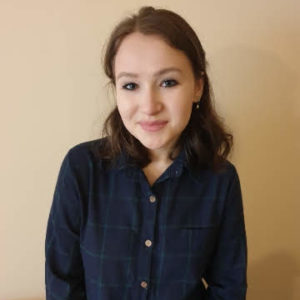How Can Open Educational Resources Advance Online Learning In Sub-Saharan Africa?
“He who receives ideas from me, receives instruction himself without lessening mine; as he who lights his taper at mine receives light without darkening me.” – Thomas Jefferson
Encapsulated in Thomas Jefferson’s words is the notion that education/expertise should be about sharing in a spirit of non-rivalry. At the heart of this is the principle of openness as a philosophy, which underpins education. Open Educational Resources (OER) in online learning are the future source of information for lifelong learners and educators. The concept of open education is based on the premise that knowledge should be “open” and it should be shared for greater good. OER’s can therefore be effectively used to address the specific challenges surrounding access to teaching and academic materials in Sub-Saharan Africa.
In many schools and institutions of higher learning across Sub-Saharan Africa teachers face not only a lack of student materials, but also a lack of access to teaching resources. Students equally have limited access to quality academic resources and in many cases they cannot afford textbooks and other key learning materials. Open Educational Resources present an opportunity for educational institutions in Sub-Saharan Africa to create knowledge and use a wider range of educational resources. The potential of Open Educational Resources in Sub Saharan Africa in advancing online learning include:
- Access to quality academic resources.
- Decreasing cost of education.
- Improving the quality of materials that result from collaboration and peer scrutiny.
- Spreading locally developed educational resources that meet local needs.
- Building local contribution communities and increase resources’ quality.
- Establishing the culture of sharing in the educational context.
- Cost and effort effective modernization of the local educational resources.
Successful Application Of Open Educational Resources In Online Learning In Sub Saharan Africa
- Mindset Learn.
Mindset Learn delivers curriculum-aligned eLearning content and materials over television and the internet for use by students, teachers, and parents in the classroom and at home, aimed to increase learning outcomes by providing up-to-date, accessible, and interactive learning experiences for South African youth. The content is developed in accordance with South Africa’s Curriculum Assessment Policy Statement (CAPS), so is aligned with and relevant to existing school curriculum. All educational materials are available from Mindset Learn and on Mindset's You Tube channel for free as OER and can be used in a variety of different contexts and locations, whether it be in classrooms, tutoring centers, or at home. Currently, materials reach televisions and computers in some 3.5 million homes across South Africa. All Mindset Learn content is available for free view at learn.mindset.co.za and www.youtube.com/mindsetlearn. - Nolwazi.
CoZa Cares Foundation created a new digital library, Nolwazi. Nolwazi is a digital repository of OER aligned with the South African primary school and high school curriculum including subject research and lesson planning. A significant proportion of Nolwazi’s OER content has been sourced from practicing teachers – for teachers. Nolwazi brings immediate access to digital materials including past examination papers, videos, simulations, lesson plans, educational android apps for smartphones and tablets, worksheets, and eBooks at zero cost. All the Open Educational Resources from Nolwazi will be available for teachers and students in February 2016 on the website. - Open Learning Tank.
Open Learning Tank (OLT) is a platform that supports and builds knowledge around the use and reuse of Open Educational Resources and open source eLearning technologies to democratize access to quality academic resources in Sub-Saharan Africa. OLT’s goal is to maximize the power of technology to improve teaching and learning and increase access to education for all. Most educators and students across Africa remain unaware of the growing pool of open educational resources. Many governments and educational institutions are either unaware or unconvinced of the benefits of open education. Through researched articles on education technology on the African continent, edu-inforgraphics and links to the best OER around the world, OLT advocates for the creation and sharing of open materials used in teaching, as well as new approaches to learning where people create and shape knowledge openly together, and promote practices and policies that advance the vision for quality education for all. - Siyavula.
Siyavula’s mission is that each individual should have access to the resources and support they need to achieve the education they deserve. Siyavula is a collaborative project seeded by the Shuttleworth Foundation through which educators can create, share, and adapt freely accessible and openly licensed Open Educational Resources which are aligned to the South African school Mathematics and Science curricula. Unlike the vast majority of material, which is under a traditional, restrictive copyright license, Siyavula material can be adapted to ensure cultural relevance or refreshed without incurring costs. In addition to the online, printable resources, Siyavula publishes a range of free Mathematics and Science textbooks. In pursuit of making education accessible, Siyavula has produced book titles spanning Mathematics and Science subjects from Grades 4-12. Siyavula is giving all children and educators in spite of their economic status a quality learning experience at an affordable price. - OER Africa.
OER Africa is currently active in several countries across the continent. Through partnerships with various universities in Africa and elsewhere, OER Africa helps facilitate the sharing of resources between universities and training schools. Through the OER Africa website, teaching staff have access to a range of resources and supportive tools to help them develop Open Educational Resources and share their successes and lessons, as sharing of both materials and practices is actively encouraged by OER Africa. OER Africa does more than just supply teachers with educational materials; it helps them customize their curriculum to their own needs, their own locations, and their own students. - TESSA.
The TESSA network of teachers and teacher educators stretches across sub-Saharan Africa, with the Open University UK working alongside a range of national and international partners. TESSA’s large bank of materials is available to enhance and improve the quality of and access to local school based education and training for teachers. These materials are Open Educational Resources and have been produced in partnership with local African educational experts and are modular in format. They are free to everyone to use and adapt. - African Digital Library.
The African Digital Library (ADL) is a collection of electronic books (eBooks) that can be accessed and used free-of-charge by any person living on the African continent. Individuals can access the library from any PC that is connected to the internet in Africa. The objective of the ADL is to develop a digital library that is available free-of-charge to residents and institutions of Africa, for academic and business use. The ADL project aims to facilitate access to library resources without the expense of developing and maintaining a physical infrastructure, by establishing a public digital library for people living and learning on the African continent. The library comprises a collection of books and other resources, in digital format, that are accessible through the internet.
Conclusion
Open Educational Resources can help educators bypass the long resource building period and enable them to provide high quality education through open access. OER further provides a platform for higher education institutions and faculty to become producers and contributors to global knowledge. Releasing them under a Creative Commons license lowers the legal barrier to sharing them, while making them available in multiple formats lowers technical barriers to accessing them.
References:
- Open Education Resources (OER): What, Why, How?
- Center For Education Innovations: Mindset Learn
- Benefits - KNUST Open Educational Resources
